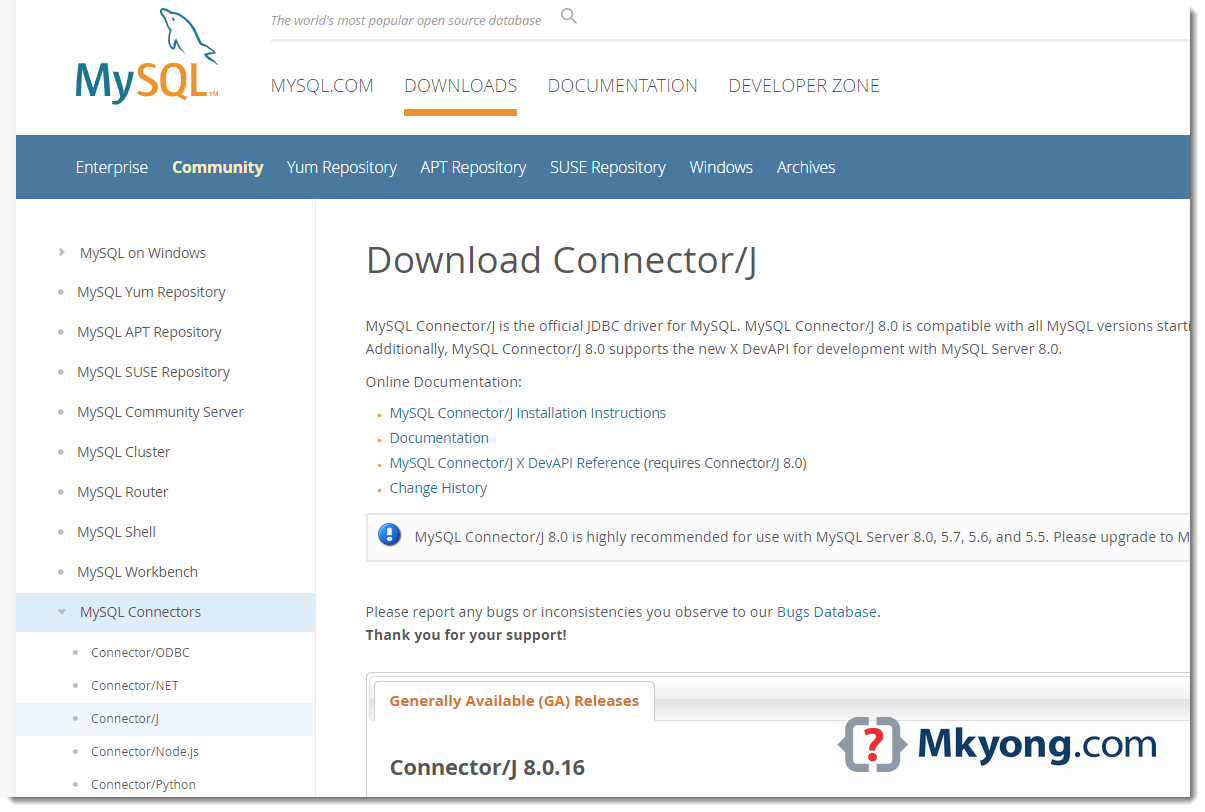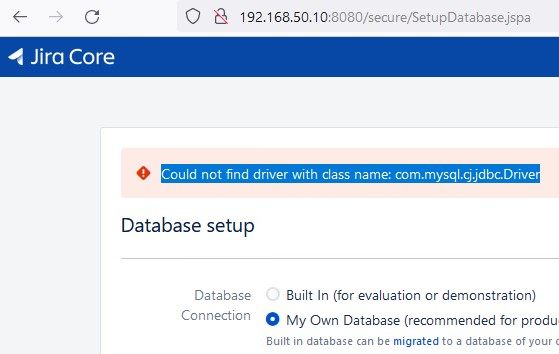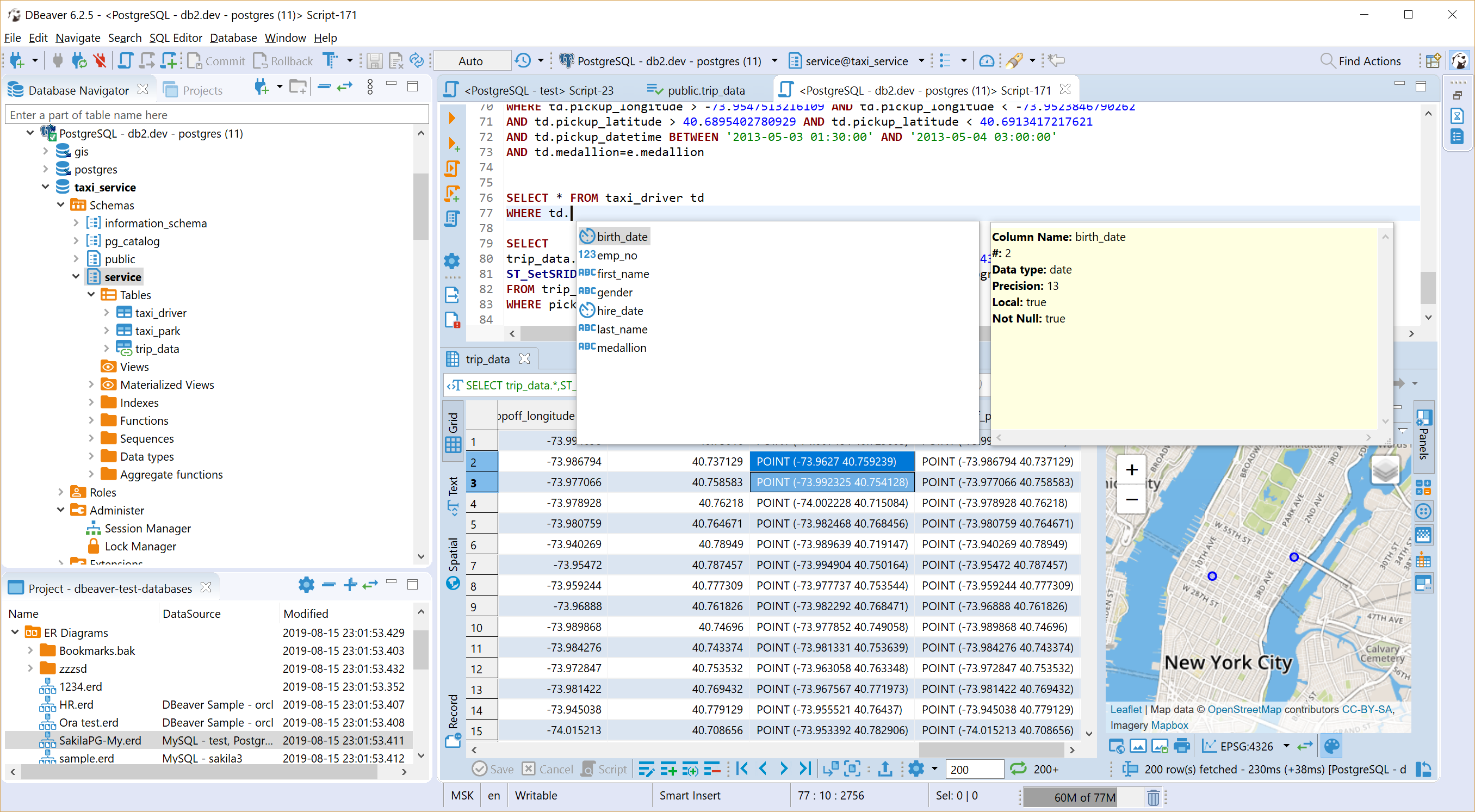

JDBC Native API Driver/Partly Java Driver This leads to restricting the use of the application to desktops. The Type 1 driver uses DSN, which needs to be created on every client machine to connect with a database.The JDBC-ODBC Driver uses system installations so in order to use a Type 1 driver, the ODBC driver needs to be installed on the client system.As there are a high number of conversions, the working of the driver is slow, which hampers performance.


The four types of drivers that facilitate JDBC programming on the variety of platforms and operating systems are as follows: Now you can restart Wildfly and expect that new driver will be inside the available list driver.The JDBC driver is an implementation that defines the interface in JDBC API for interacting with the database server. Open WILDFLY_HOME\standalone\configuration\standalone.xml, and then find tag, inside that tag, put these lines to add MySQL driver: If the folders didn't exist, create it by yourself.ģ. Using any kind of text editor, create file inside your Wildfly path, WILDFLY_HOME\modules\system\layers\base\com\mysql\main, and this is the XML file contents of it: Download MySQL connector from Maven centralĭownload : mysql-connector-java-8.0.17.jarĪnd then put the file under WILDFLY_HOME\modules\system\layers\base\com\mysql\main Now create /] /subsystem=datasources/jdbc-driver=mysql/:add(driver-module-name=,driver-name=mysql,jdbc-compliant=false,driver-class-name=)ġ.

(Specially when we do a copy & paste in such /] module add -name= -dependencies=javax.api, /] :reloadĪfter running above command you should see the module.xml generated in the following location: "wildfly-8.2.1.Final/modules/com/mysql/driver/main/module.xml" This is because when we use some text editors, they might append some hidden chars to our files. Try creating the Module itself using the jboss-cli.sh command rather than manually writing the module.xml file.


 0 kommentar(er)
0 kommentar(er)
